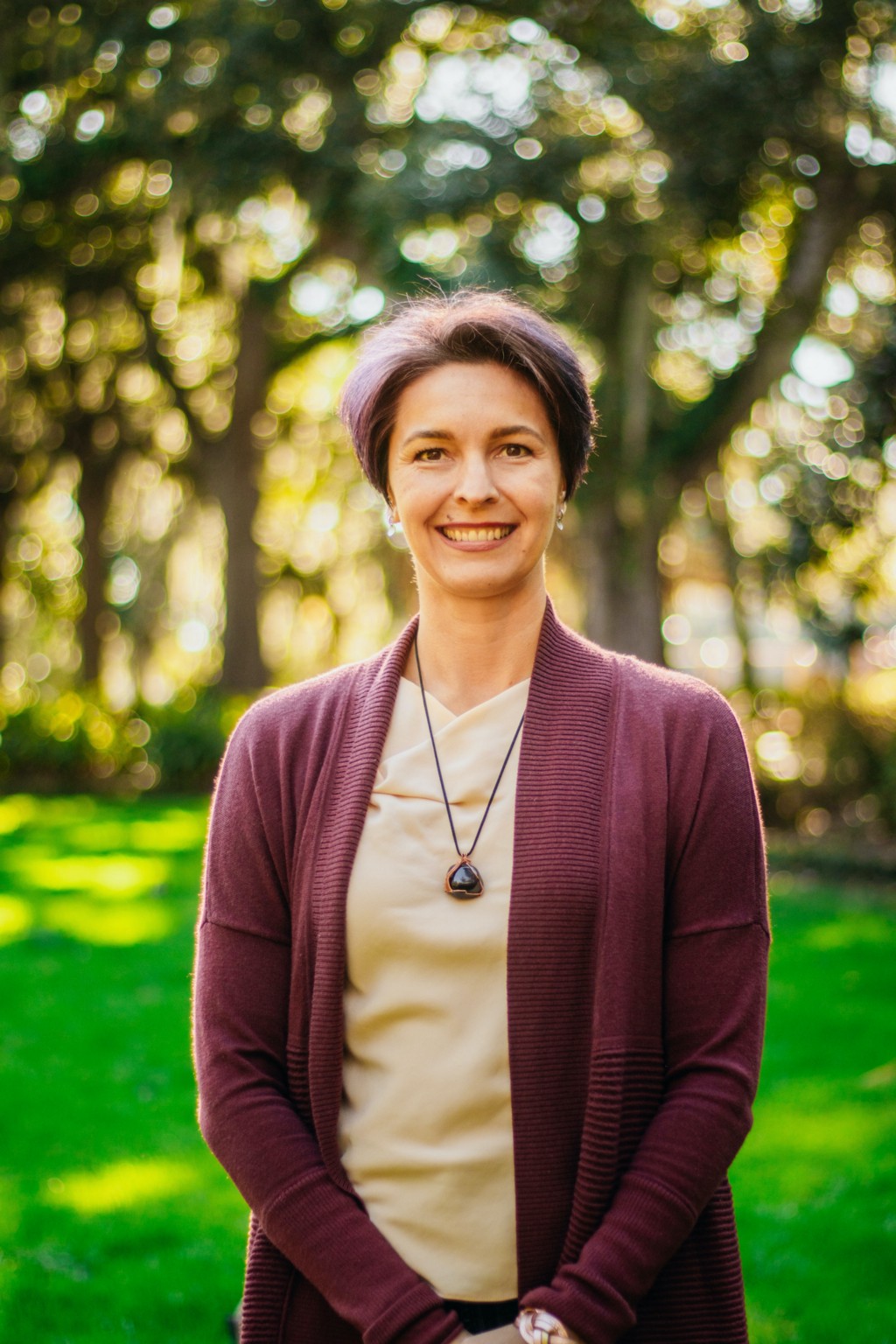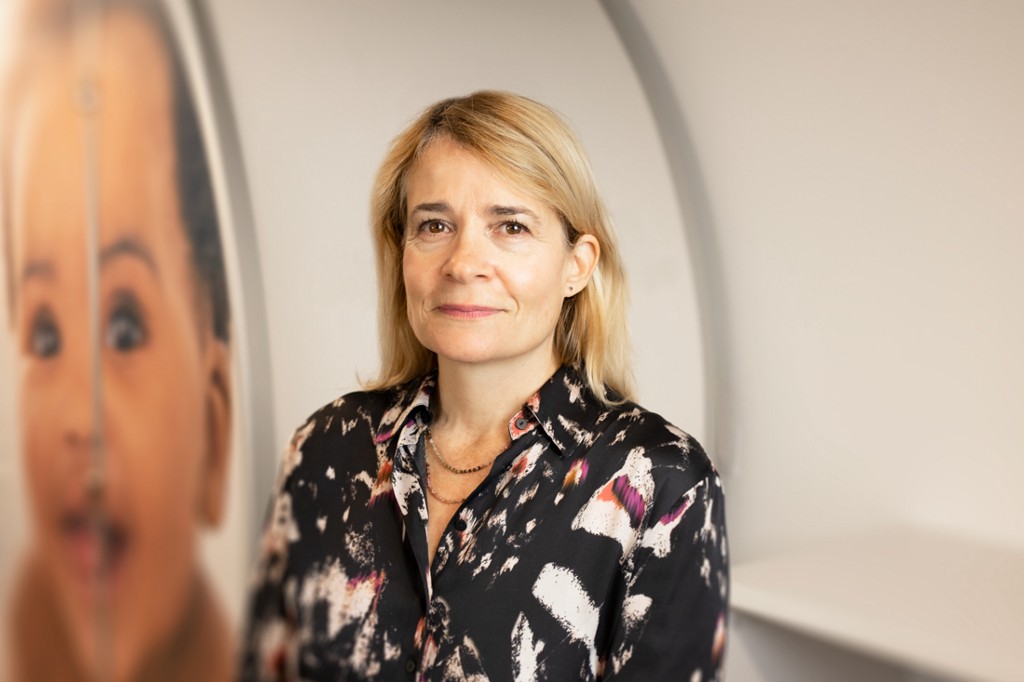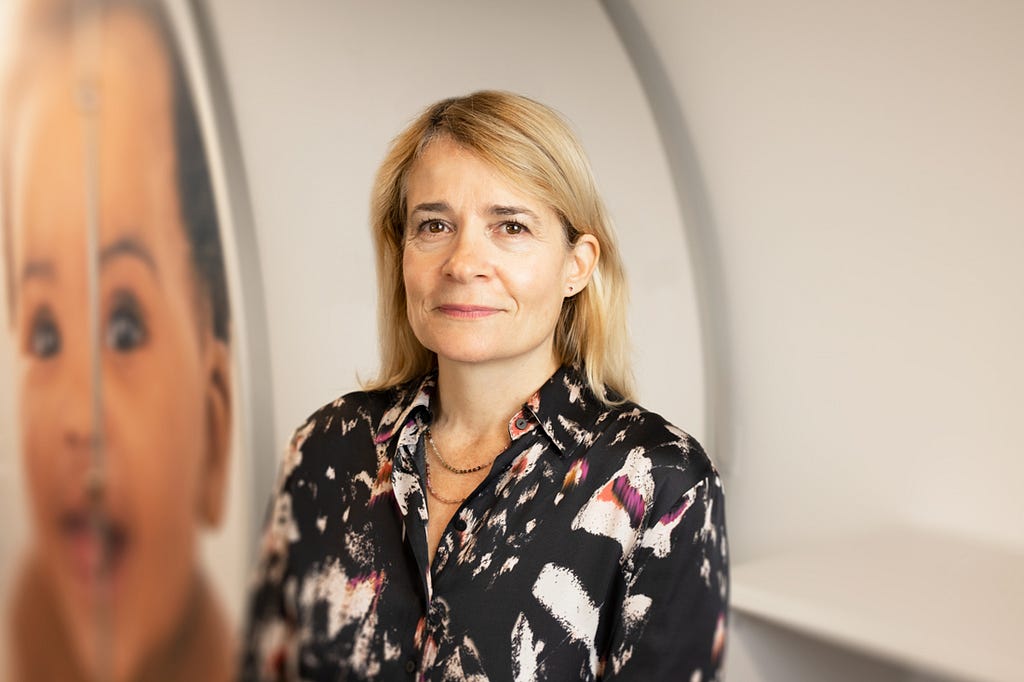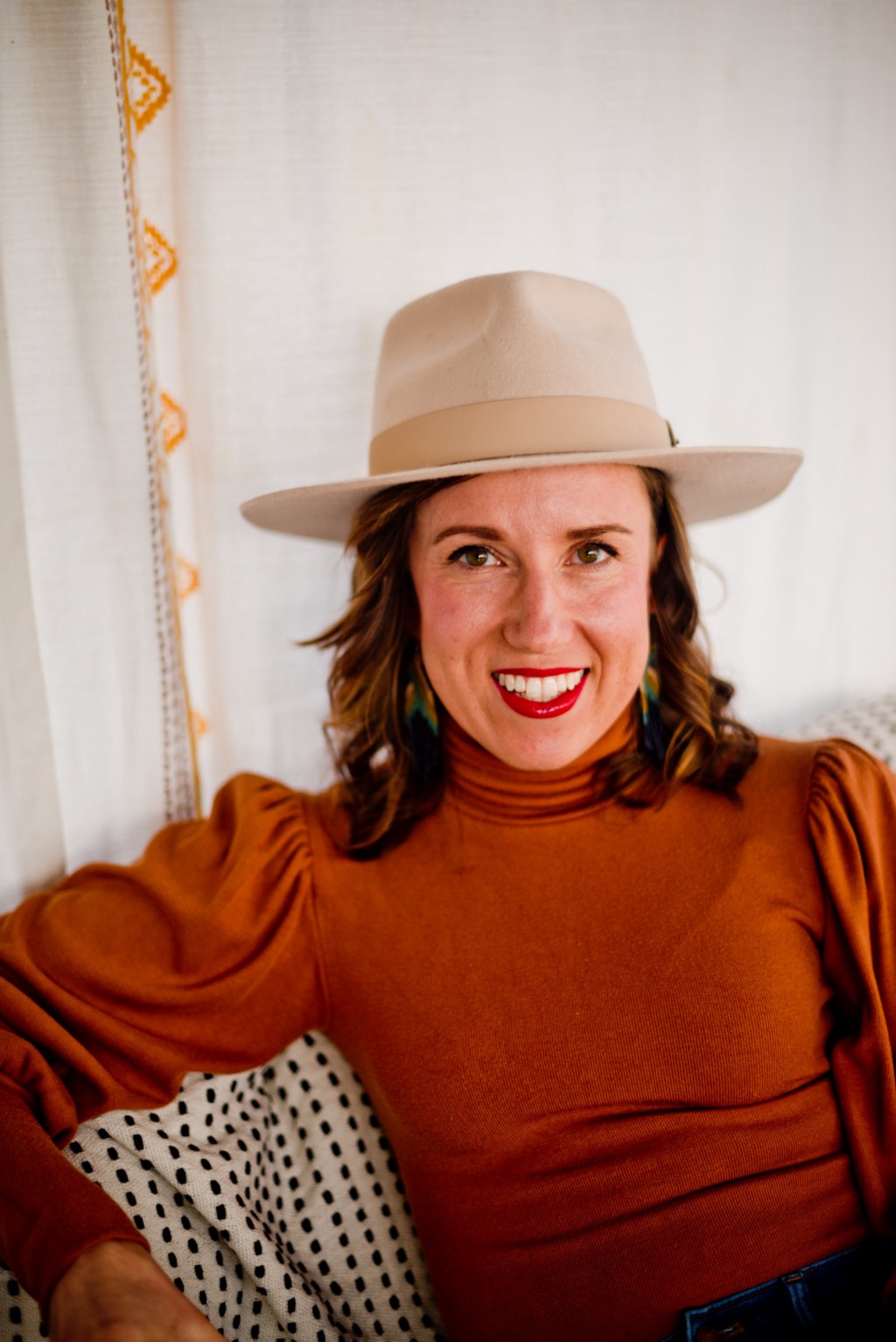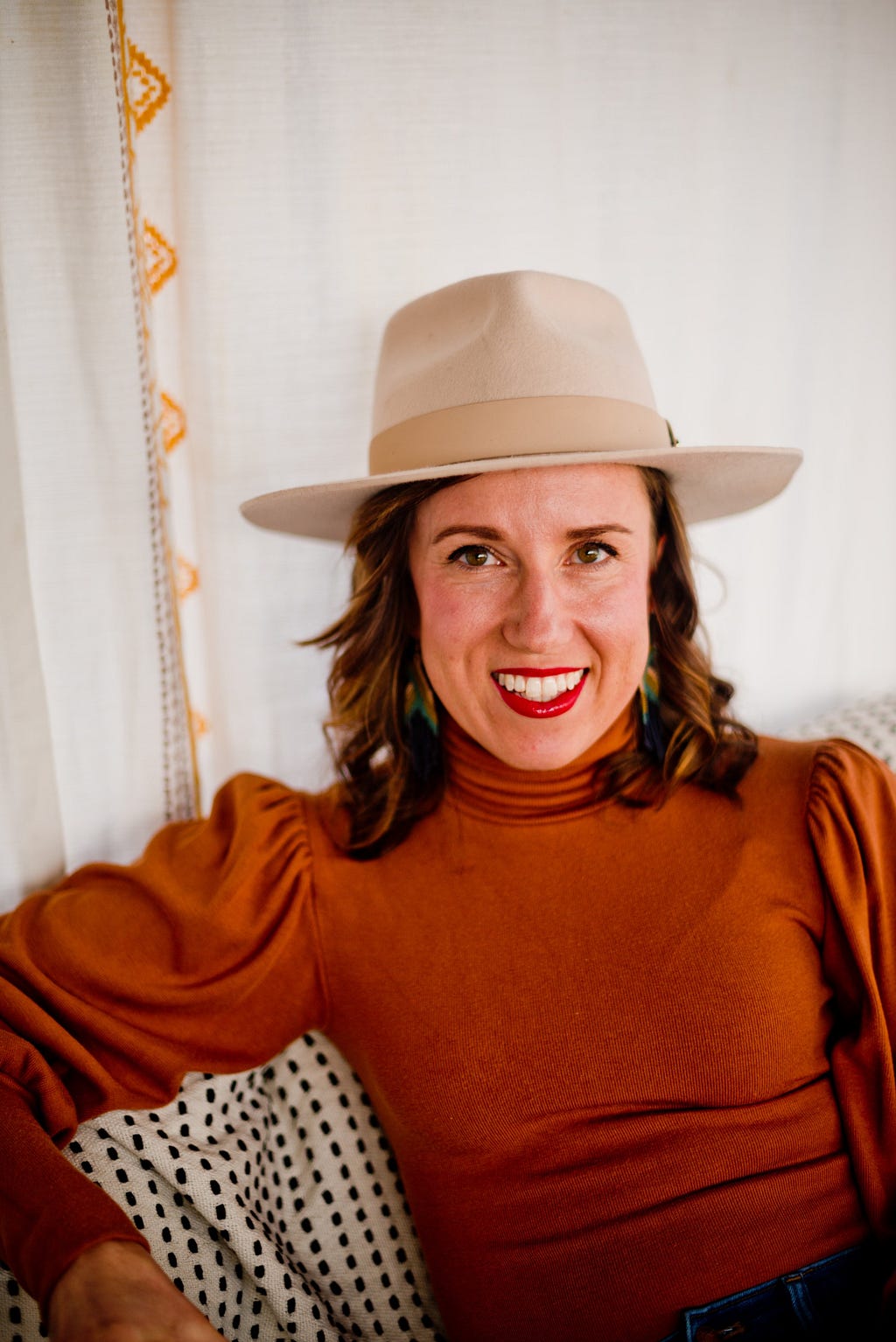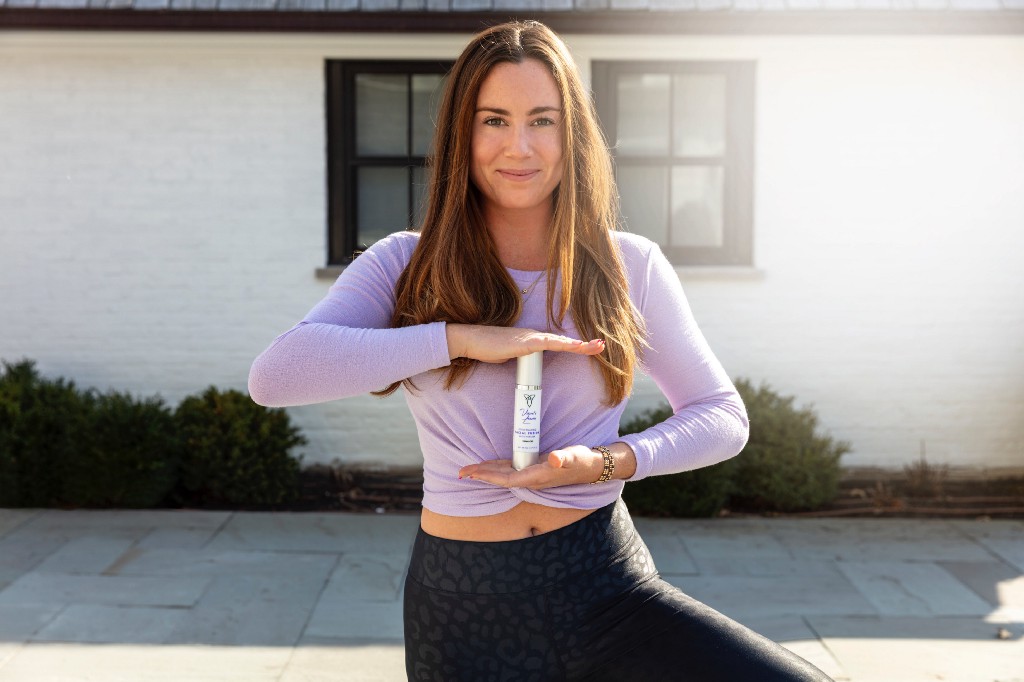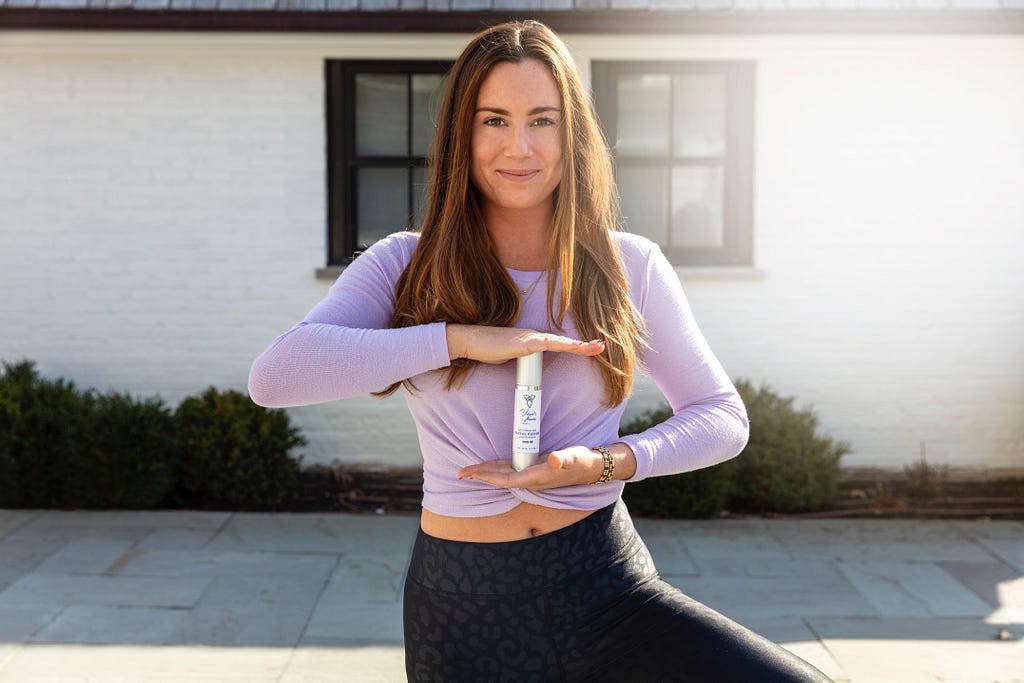Women In Wellness: Emily Ruth On The Five Lifestyle Tweaks That Will Help Support People’s Journey Towards Better Wellbeing
An Interview With Candice Georgiadis
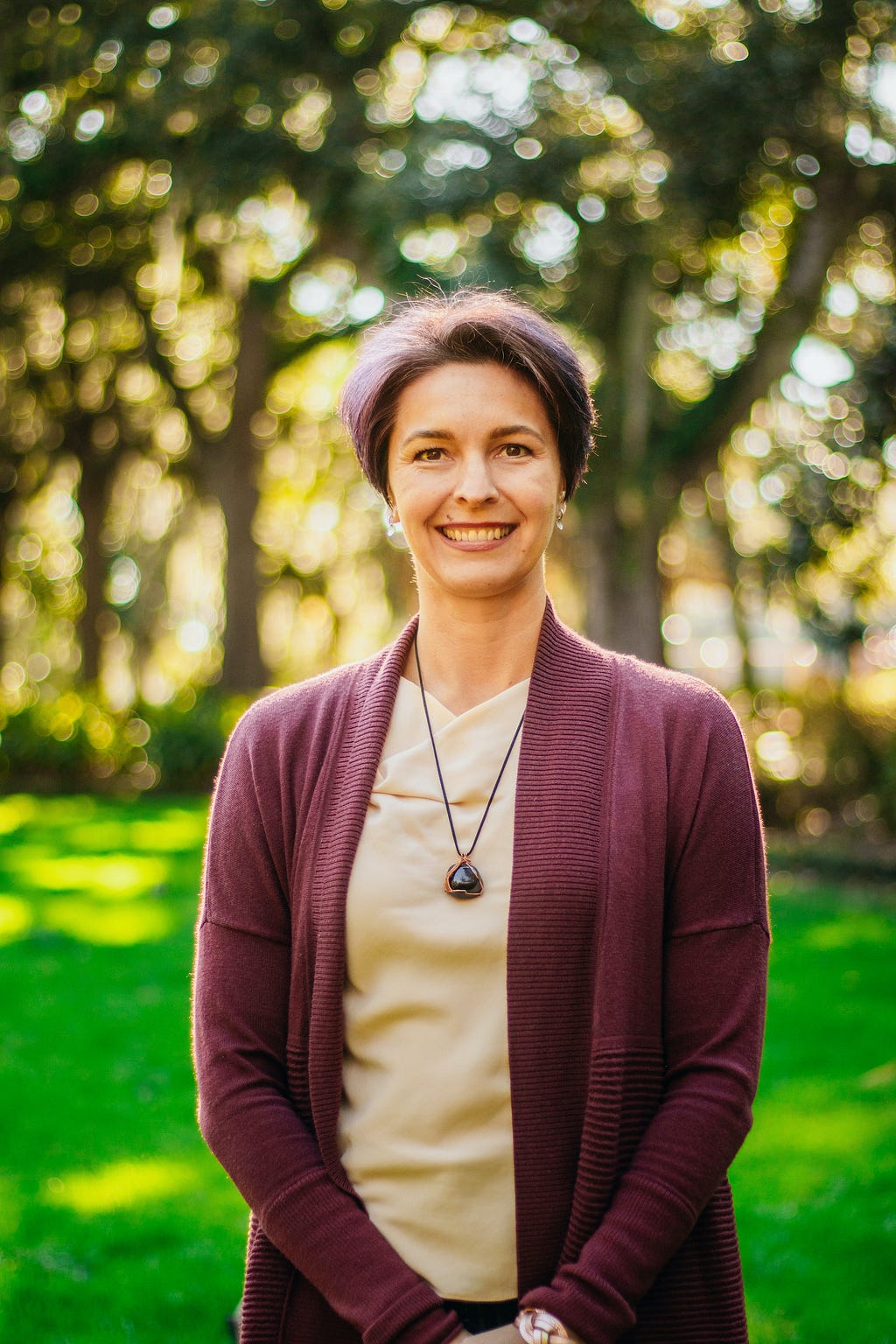
Being financially dependent on your spouse will be a challenge for both of you. Leaving the hospital to start my coaching business was something we talked about but didn’t understand the implications of. It led to a lot of stress and drama that could have been avoided if we had realized it would be “a think.”
As a part of my series about the women in wellness, I had the pleasure of interviewing Emily Ruth.
Emily Ruth is a Holistic Health Coach who harnesses the internal power to heal bodies outside of traditional medicine. She uses her degrees in radiologic sciences and coaching to teach physiology, while providing programs designed to help her clients discover the root causes of issues, creating a well-rounded picture of health, as opposed to just treating symptoms. Emily’s clients learn to trust their inner voice, strengthen the intuitive connection with their body, and develop proven habits that build a lifetime of happiness and wellbeing.
Thank you so much for joining us in this interview series! Our readers would love to “get to know you” better. Can you share your “backstory” with us?
As soon as I finished x-ray school, I knew imaging and the Western model of medicine wasn’t actually what I was meant to be doing. I wanted to help people actually get well so they could stay out of the hospital and minimize doctor’s visits.
I evaluated PA school and family medicine.
I took an introductory course to Public Health.
I decided to finish what I had started, do it well, and continue searching along the way.
But I kept listening, learning, observing. Collecting ideas and information.
I had some health issues arise that had me seeing my OBGYN every month for nearly 6 months. She finally switched me from the Nuva Ring to an oral contraceptive. I got a little bit better, but not much. Between frustration with my doctor’s lack of solutions and support, and my own intuition, I knew I needed to get off the pharmaceuticals completely. But, I also needed an answer to contraception.
A colleague and soon to be husband’s cousin recommended tracking my fertility. I was blown away, because in all my years of studying the human body, including working in women’s imaging, I had never heard of this concept.
I didn’t have any other options at that point, so I dove in. I was shocked to learn that the science and fertility doctors have understood women’s fertility since the 1970’s! I felt so betrayed by our culture and the Western medical model. I had found a piece of my “life mission puzzle.”
As a Radiologist Assistant and x-ray tech, I had been trained that patients have the right to understand their medical exams, the risks, alternatives, and the right to refuse. I’ve always believed that understanding how our bodies work is fundamental to creating good health. I got really good at explaining how the body works in a simple way that resonated with the patient in front of me so that they could make the best decision for themselves about the current exam.
When I finally found health coaching in 2017, I knew that this was the answer to helping people find their motivation for change as well as understand their thinking and emotions.
I now combine a deep understanding of how the body works with life coaching to help my clients heal themselves.
Can you share the most interesting story that happened to you since you started your career? What were the main lessons or takeaways from that story?
I mentioned that learning about charting my fertility was an important part of my back story. When I first got started, everyone told me I needed a niche. Since I am passionate about women understanding their bodies, I was focusing on women’s hormones. It was really difficult for me to explain succinctly early on. A lot of people aren’t comfortable talking about periods in public yet. It made for an awkward transition into our new home when I started talking about periods at the bar!
Lessons learned. Well, I’ve broadened my niche out to all things health, but I still work with women on their hormones. And I have found that opening with “I help eliminate PMS” leads to a more engaging conversation. Women and men want to talk about solving problems that plague them or their loved ones, but most people don’t want to start out talking about periods. Even if that’s where the conversation leads.
Can you share a story about the biggest mistake you made when you were first starting? Can you tell us what lesson you learned from that?
The biggest mistake that comes to mind is not making it clear to a client that it is their responsibility to reach out to me when they need support.
I am always available to my clients between calls, but as a coach, it’s not my role to initiate contact. In some ways, working with a coach is a lot like working with a therapist or doctor. If you need something, we’re here, but you need to make the call.
The two lessons I take from this confusion with a client are to dive into the uncomfortable conversations and make expectations clear on the first coaching session.
Let’s jump to our main focus. When it comes to health and wellness, how is the work you are doing helping to make a bigger impact in the world?
Helping one person take care of themselves impacts everyone they know. Not only do they feel better and stronger, they develop more self-compassion and patience. As our compassion and patience for ourselves improves, we are able to be more compassionate, empathetic, and patient with those around us. This ripples out into my client’s families and everyone around them. Slowly, bringing a happier and more peaceful world!
Can you share your top five “lifestyle tweaks” that you believe will help support people’s journey towards better wellbeing? Please give an example or story for each.
- Take just 5 minutes each morning to be still in silence. Feel what you feel and notice what you notice. This is where I started and where I begin with many of my clients. Many of us wake up and hit the ground thinking about all the things we have to do and the people we need to take care of. Just 5 minutes at the beginning of the day, tuning into ourselves, goes a long way in knowing what we need and where we want to go.
- Talk to your cells! It sounds crazy, but talking to your body out loud in a loving way helps you increase your self-love and primes you to make better choices throughout the day. Something like: Listen up cells of my body. I love you, work together with love and compassion and I will lead you with love and compassion. A bonus for taking a moment to send that love and compassion out to the world, wherever it is needed.
- Take a walk outside in the morning light as soon as you can. If you have a dog, you probably already do this. Fresh air, morning sunlight, and movement is a great way to activate your body’s internal clock and influence the hormones that help you stay awake and energized during the day. We all spend so much time indoors and exposed to unnatural lights, it’s no wonder we feel sleepy all day and can’t fall asleep at night.
- Eat your meals on real dishes and at a table. Take some deep belly breaths and give thanks. We digest our food better and get more nourishment from it when we are relaxed. We also tend to eat less when we take the time to make meals an event, instead of eating in the car or in front of a screen.
- Drink more water between meals and less during your meal. Water is important for hydration. Too much just before eating dilutes stomach acid, leading to indigestion and less digested food. About four ounces with a meal is ok, just try not to flood your stomach 30 minutes before or an hour after you eat.
If you could start a movement that would bring the most amount of wellness to the most amount of people, what would that be?
Cultivating self-love. So many of us seem to hate ourselves. We don’t care for ourselves or talk to ourselves the way we would a best friend. Like I said earlier, when we have compassion for ourselves, we have more empathy and patience for others. I’m not a mathematician, but I’m guessing it would have an exponential effect toward worldwide wellness, peace, and collaboration to solve our problems in the most beneficial ways.
What are your “5 Things I Wish Someone Told Me Before I Started” and why?
- Being financially dependent on your spouse will be a challenge for both of you. Leaving the hospital to start my coaching business was something we talked about but didn’t understand the implications of. It led to a lot of stress and drama that could have been avoided if we had realized it would be “a think.”
- Ignore the internet and interview several business coaches. Pick one and stick with them. I chased all the shiny objects that show up online when you start thinking about entrepreneurship. I made some terrible investments. Wasted a lot of time and energy on programs that weren’t aligned with who I am and operating from generosity and compassion.
- You have to actively practice your new self-concept with strangers. When you’re new to something, you’re unsure. It’s normal. But as adults, we frequently forget. As an x-ray student, I was totally terrified to do exams on real people. The process is so built in from book learning, to practicing in lab, to watching an older x-ray tech, to doing one with supervision, to teaching someone else. It wasn’t until my current business coach explained this that I realized I had practiced “being” an x-ray tech for so long before I was working as a “real” x-ray tech and could confidently walk a patient through their exam. There is no formal format like this for entrepreneurship, so you have to create that structure yourself. And be patient enough to allow it all to “just be.”
- Everything you’ve done in life up until now is applicable to what you’re doing now, you just have to look for it. If you’ve been keeping yourself alive, making money, and paying taxes, you’ve already figured out a lot of stuff about how to live in the world. Combine that with all the relationships you’ve cultivated and professional experience, you’ve got experiences and knowledge that can translate into so much of what’s coming. Just because you change into a career that seems totally different or you start a business doesn’t mean you don’t know anything. Looking for proof of what you have already done well builds your confidence in charting your own path.
- “Charging your worth” is nonsense. Pick the price you have the least amount of drama over and start selling your services. Even if others tell you it’s too cheap, at least you’re making money. If you’re good at what you do and your customers are happy, they’ll be so excited about you that they’ll want to tell everyone. Once you run out of availability and people are still asking to work with you, then you can think about raising your prices. You’ll get so much more experience so much faster this way, impact more people, and make more money in the long run.
Sustainability, veganism, mental health and environmental changes are big topics at the moment. Which one of these causes is dearest to you, and why?
Mental Health. We don’t have the bandwidth to live sustainably or work on animal welfare issues unless we are mentally healthy and well cared for.
What is the best way our readers can follow you online?
My website: www.EmilyRuth.Health where you can sign up for my weekly newsletter.
I’m also on Facebook sometimes, my pages are: @EmilyRuthHealth and Emy Crinklaw-Bunch
Thank you for these fantastic insights!
Women In Wellness: Emily Ruth On The Five Lifestyle Tweaks That Will Help Support People’s Journey… was originally published in Authority Magazine on Medium, where people are continuing the conversation by highlighting and responding to this story.


